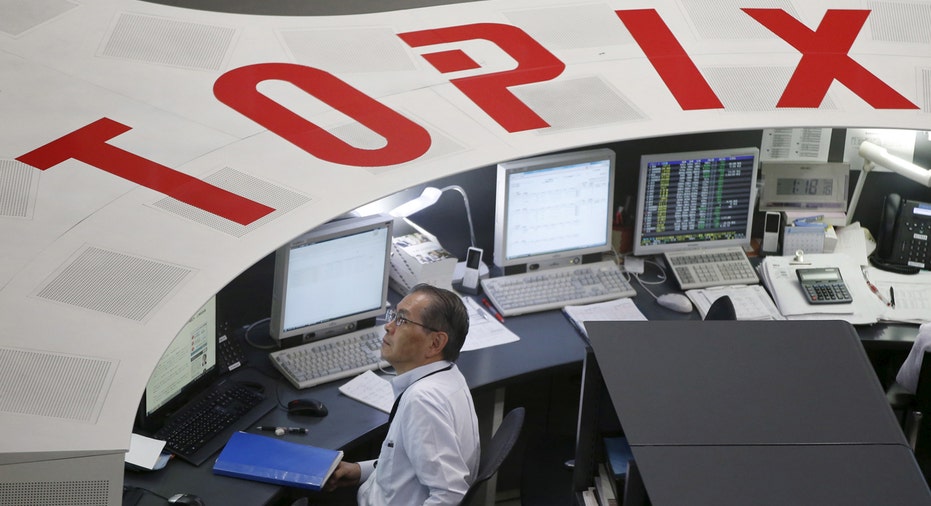World Shares Heat Up as BOJ Goes Sub-Zero

World shares jumped and the yen slumped on Friday after the Bank of Japan stunned markets by taking one of its main interest rates into negative territory, its boldest step yet to reinflate the economy.
The yield on Japanese benchmark government bonds plunged to record lows after the central said it would charge 0.1 percent for excess reserves parked with the institution, an aggressive policy pioneered by the European Central Bank.
The central bank said in a statement it would cut interest rates further if it judged it necessary.
Most investors had believed Japan's policymakers were too cautious to ever adopt such a radical measure. Their reaction sent the dollar surging about three yen to an almost six-week high of 121.495. It was last up 1.7 percent at 120.87 yen.
European shares tracked Asian stock markets higher, with the pan-European FTSEurofirst 300 index bouncing back 1.2 percent by 0930 GMT, having fallen 1.7 percent on Thursday.
The MSCI world equity index which tracks shares in 45 countries, rose half a percent.
"It has become clear that stock markets cannot stand on their own feet," said KBC senior economist Koen De Leus, in Brussels. "As long as the economy is shaky and the world is burdened with high debt, central banks and their money printing machines are a necessary evil to keep up the markets."
The plunge in Japanese bond yields set up a positive tone for other major bond markets.
Germany's 10-year Bund yield fell four basis points to a nine-month low at 0.29 percent, while two-year German bond yields touched a fresh record low at minus 0.471 percent. The yield on 10-year U.S. Treasuries meanwhile fell 4 basis points to 1.95 percent.
The dollar was up 0.4 percent against a basket of major currencies at 98.885, though still down about 0.7 percent for the week.
OIL GAINS
The promise of extra global stimulus gave an added fillip to oil, which had already risen for three sessions on talk of a possible deal to pare back excess supply.
U.S. crude added about 0.7 percent to $33.45 per barrel, while Brent futures firmed 0.9 percent to $34.18. That put oil on track for a second weekly gain, though oil volatility has climbed to its highest since 2009 as traders try to price in the uncertainty around supply cuts.
Earlier, Japan's Nikkei share index whipsawed on the BOJ announcement before ending up 2.8 percent, to mark a 3.3 percent weekly gain.
The central bank's move gave a lift to bourses across the region, even though economists at HSBC and elsewhere doubted it would give a boost to Japan's real economy or inflation.
"We do not think negative rates are a game changer," said Commerzbank strategist Esther Reichelt, in Frankfurt. "Pressure on the BoJ will mount to do even more in coming months to attain their inflation target."
MSCI's broadest index of Asia-Pacific shares outside Japan added 1.8 percent, up 2.7 percent for the week .
The Shanghai Composite Index rose 2.9 percent, while the CSI300 index of the largest listed companies in Shanghai and Shenzhen added 3.2 percent, bouncing from steep losses early in the week.
The buying spread to U.S. debt markets as investors wagered the BOJ decision and a stronger dollar would make it even harder for the Federal Reserve to hike rates four times this year, as originally envisioned by its policy board.
Fed fund futures rose to imply a rate of 51 basis points by year end, compared to 90 basis points a month ago. Futures for U.S. 10-year bonds rose 5 ticks.
(Additional reporting by Atul Prakash, Dhara Ranasinghe, Anirban Nag and Marc Jones in London, Lisa Twaronite in Tokyo and Wayne Cole in Sydney)



















